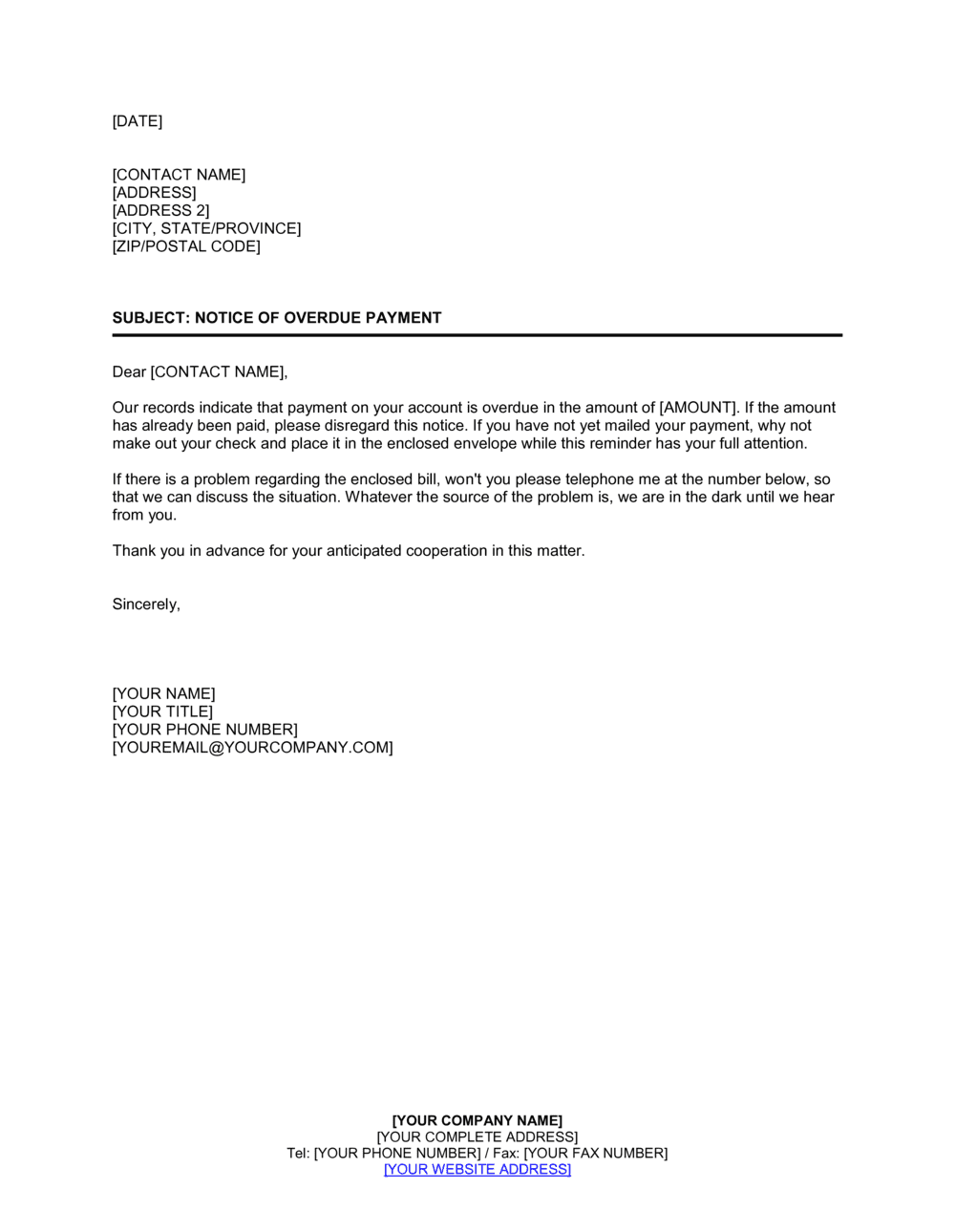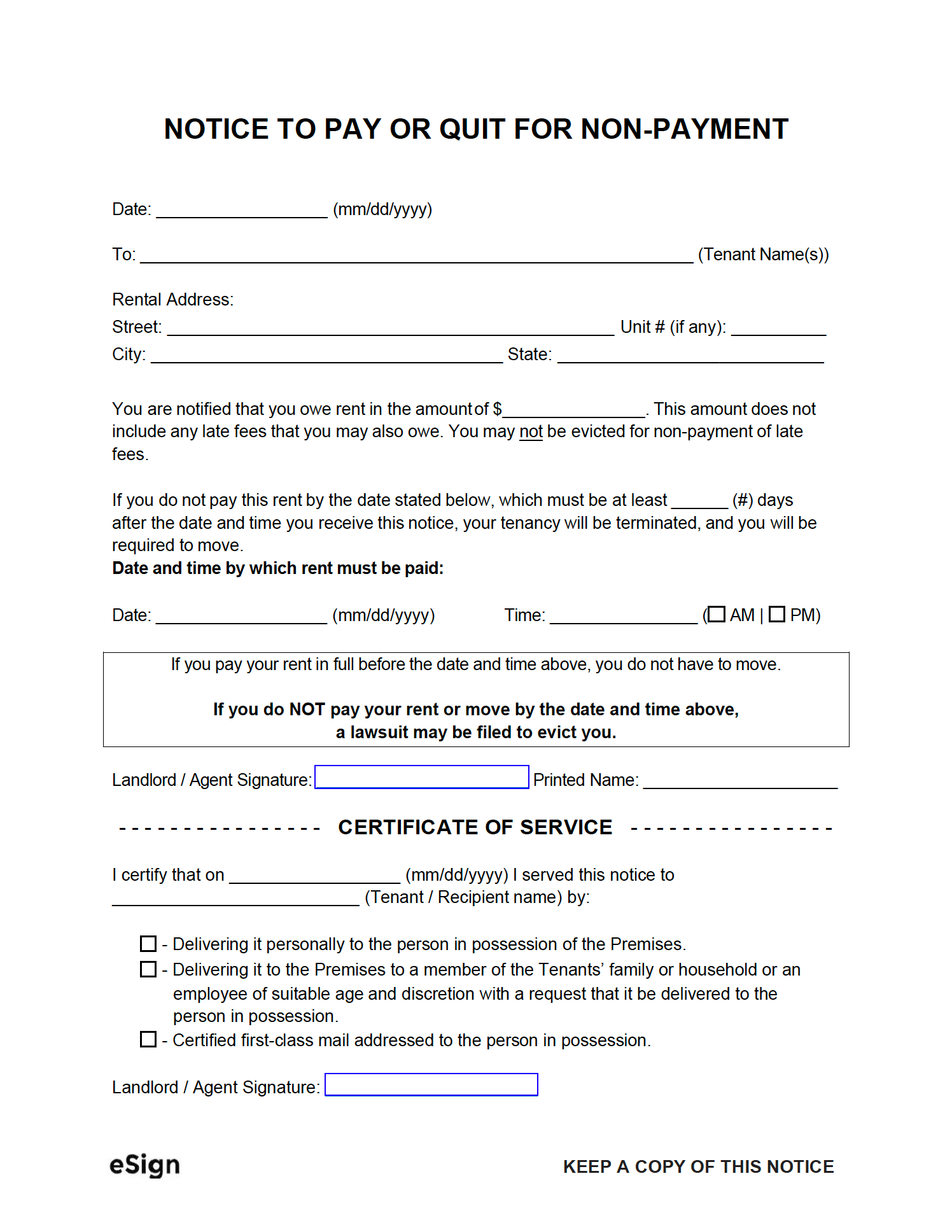Have you ever left a job and found yourself wondering about the paycheck that follows? You’re not alone.
Notice payment is a term that might sound unfamiliar, but it’s crucial for anyone transitioning from one job to another. Imagine stepping into your new role with peace of mind, knowing exactly what you’re entitled to from your previous job.
This clarity can make a world of difference in your financial stability and peace of mind. You’ll uncover the ins and outs of notice payment, and why understanding it is essential for your career and personal finances. Get ready to demystify this concept and take control of your employment transitions like never before.
Notice Payment Basics
Notice Payment means money paid when leaving a job. It is given when someone resigns. Sometimes, it is also paid when fired. Notice payment covers the notice period. This period is the time between telling and leaving.
The purpose of notice payment is fairness. It helps people plan for change. Employers use it to replace workers. It gives time to find new jobs. It also helps with money during the change. Notice payment is important for both parties. It shows respect and responsibility. It can also prevent conflicts at work.
Legal Framework
Notice payment rules are set by employment laws. These laws tell how much notice time is needed.
They also cover rules for payment during notice. Some places have strict rules. Others give more choices to employers.
Knowing the rules helps both workers and bosses.
Rules change from place to place. Some countries need more notice time. Others need less.
Local laws decide these rules. So, it’s important to know your area’s laws.
This helps avoid problems later. Always check local rules first.
When Notice Payment Applies
Employees sometimes decide to leave their job. They must give a notice. This helps the company plan. Notice payment may apply if they leave early. It’s important to check your contract. Sometimes, rules are different. Always inform your boss in a polite way. This keeps things friendly.
Companies can end jobs too. This is called termination. Workers might get a notice. Notice payment helps them during this time. It gives some money for a short period. This helps people prepare for new jobs. Laws can vary in different places. Always ask HR for details.
Contracts have rules. They might include notice periods. Notice payment can happen if rules are not followed. It’s wise to read contracts well. Knowing your rights is important. Notice payment protects both sides. It ensures fairness. Always keep a copy of your contract.

Calculating Notice Payment
Notice payment can vary based on several factors. The main factor is the length of employment. Longer employment might lead to higher payments. Another factor is the contract type. Permanent contracts often offer more notice than temporary ones. The company policy also plays a role. Some companies have generous policies, while others do not. The reason for leaving is important too. Voluntary resignations might have different terms than layoffs.
There are a few methods to calculate notice payment. One common method uses weekly salary. Multiply the weekly salary by the notice period weeks. Another method uses the daily rate. Multiply the daily rate by the number of notice days. Some companies use a fixed amount regardless of salary. This ensures fairness across employees. Always check your contract for specific terms.
Employee Rights And Protections
Workers have rights when leaving a job. These rights include notice payment. Notice payment is money given when you leave a job. It helps you while you find a new job. Your employment contract will tell you how much notice payment you get. It depends on how long you have worked. Always check your contract for details. If unsure, ask your boss or HR for help. Knowing your rights is important. It can protect you from unfair treatment.
Speak up if you think your rights are not followed. First, talk to your manager. They might help fix the problem. If not, reach out to HR. They can guide you on what to do next. Keeping a record is important. Write down dates and details of what happened. You can also contact a labor union if needed. They are there to help you. Don’t be afraid to stand up for your rights.
Negotiating Notice Payment
Start by understanding your rights. Know what you can ask for. Research the company policies. This will help you a lot. Be polite when you talk. This makes others listen to you. Practice what you want to say. This helps you feel calm. Stay calm even if things go wrong. This shows you are strong. Write down your points clearly. This makes your ideas clear.
- Do not rush the conversation.
- Avoid using harsh words.
- Do not ignore the company rules.
- Avoid making demands without reason.
- Stay away from emotional decisions.
Impact On Employment Benefits
Notice payments can change your health benefits. They might end early. This can affect your doctor visits. Sometimes, you need to pay more. Retirement plans may be affected too. Notice payments can change how much you save. This can impact your future. Always check your benefit details. Understand what changes happen.
Notice payments affect unemployment claims. If you get a notice payment, claims might reduce. This happens because payments count as income. Claims help when you need money. Notice payments change how much help you get. Think about your plans. Make sure you know the rules. Check with the unemployment office.

Notice Payment And Taxes
Notice payment affects how much tax you pay. It is important to report it correctly. Employees must include notice payments in their taxable income. This means paying more tax if your income is higher.
Employers usually deduct tax from notice payments. You might see a change in your tax bracket. Understanding your tax obligations is crucial. Always consult with a tax professional. This ensures you comply with the law.
Accurate reporting is key. Employees must report notice payments to tax authorities. This includes adding it to your annual income statement. Incorrect reporting can lead to penalties. Keeping records is important too. Save documents related to notice payments. This helps in case of audits or discrepancies.
Resources For Employees
Finding legal help can be tough. Many lawyers offer free advice. It’s called a consultation. Check if your city has a legal aid office. They help with questions about work rights. Some lawyers charge a lot. Look for ones that work for free or less money.
Governments often provide help. They have websites with guides about work laws. Non-profits also offer support. They teach about notice payments. Some hold workshops. These workshops explain employee rights. Always check for online resources. Many are free and easy to access.

Frequently Asked Questions
What Is A Notice Payment?
A notice payment is compensation given to an employee when they resign or are terminated. It covers the notice period stipulated in their employment contract. This payment ensures financial stability during the transition. Employers pay notice to comply with legal or contractual obligations.
It helps maintain a positive relationship post-employment.
How Is Notice Payment Calculated?
Notice payment is calculated based on the employee’s salary, benefits, and contractual notice period. Factors like length of service, role, and company policies influence the amount. Employers must adhere to legal requirements and employment agreements. Calculating accurately ensures compliance and avoids disputes.
Is Notice Payment Mandatory?
Notice payment is often mandatory, depending on the employment contract and local labor laws. Employers must honor contractual notice periods, providing payment if the employee is not required to work them. Legal requirements vary by jurisdiction, so understanding local laws is crucial.
Can Notice Period Be Waived?
Yes, notice periods can be waived if both parties agree. Employers and employees might negotiate a shorter notice period or payment in lieu. This flexibility can benefit both sides, allowing for smoother transitions. However, agreements should be documented to avoid misunderstandings.
Conclusion
Understanding notice payment is important for smooth job transitions. It ensures employees fulfill obligations when leaving. Employers benefit from a clear notice period. This helps plan replacements without disruption. Notice payments protect both parties legally. They also provide financial stability during job changes.
Knowing your rights and responsibilities is essential. It helps avoid misunderstandings and conflicts. Being informed makes the process easier and less stressful. Always read your employment contract carefully. This helps you prepare for future changes. Notice payment is a crucial part of employment agreements.
Stay informed and make job transitions seamless.

